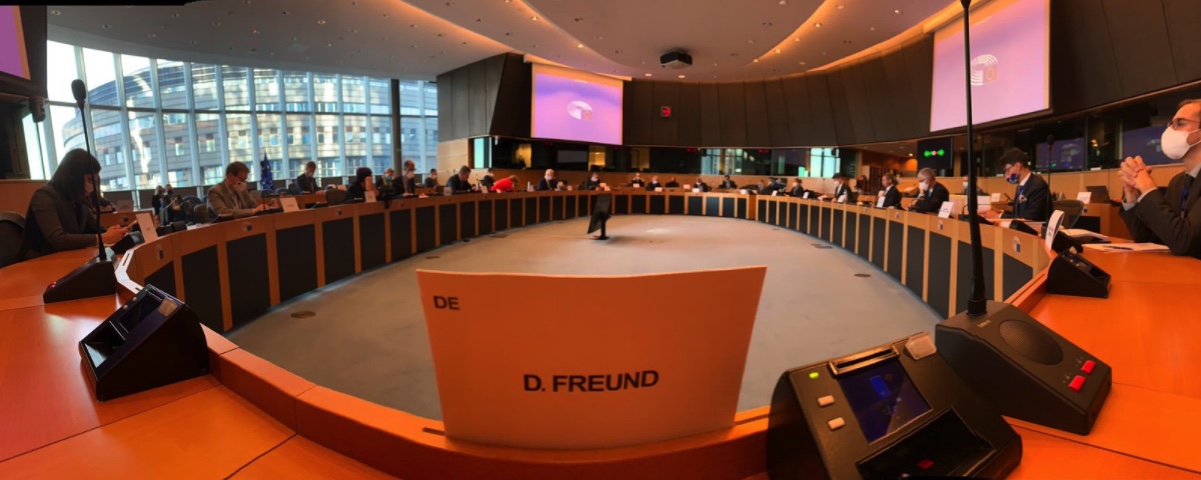Agreement to protect the rule of law: Commission and Council must now prove that sanction mechanism can protect Europe's values

Dear press correspondents,
Dear everyone,
Negotiators from the European Parliament and the German Council Presidency today agreed on a sanction mechanism to protect the rule of law. For the first time, the new law provides for a link between the EU budget and compliance with the rule of law in the EU Member States. If a Member State violates democracy and the rule of law, the European Commission can impose financial sanctions. They must be confirmed by the Council of Member States.
Daniel Freund, Green negotiator on the rule of law mechanism, comments:
“For the first time in Europe, we now have a mechanism that links the disbursement of EU funds to compliance with the rule of law. This is a step forward for the protection of European values. The mechanism is not as powerful as we in the European Parliament would have liked. But: the compromise is much stronger than what the German Council Presidency presented a few weeks ago.“
“Now the Member States must prove that this sanctions mechanism can also be applied. The rule of law in Europe is in a deep crisis. The current developments in Poland and Hungary show this in a depressing way. We must now react decisively – also with sanctions against Member States. The value of this mechanism will be measured by how quickly it can be implemented.“
BACKGROUND: How does the mechanism work?
In order to trigger the mechanism, the European Commission must first establish that fundamental principles of the rule of law have been violated in a Member State and that this has caused or risks causing a misuse of EU funds. This would be the case, for example, if the independence of the judiciary is threatened because a government has replaced all unwanted judges.
Once the Commission has made a proposal to this effect, it must be approved by the Council of Member States at ministerial level by qualified majority. This means that at least 15 of the 27 Member States, representing at least 65% of the EU population, must agree to the proposed sanctions. Member States cannot postpone this decision forever, but must vote within one month and at the latest within three months. Should they fail to do so, the Commission can intervene and put the vote on the agenda.
Before the vote in the Council, the Member State concerned may comment on the Commission proposal and defend itself. If it considers it necessary, it may request a debate in the European Council, i.e. among Heads of State or Government. However, this process must not delay the vote in the Council of Ministers for more than a maximum of two additional months.
If EU funds are reduced or suspended altogether, the Member State concerned is still obliged to pay the final beneficiaries from its national budget. This is to prevent sanctions from being imposed at the expense of citizens. The Commission will set up a virtual reporting point to which beneficiaries can report if the government concerned does not comply with this obligation. Should this be the case, the Commission may take further legal and financial measures.

